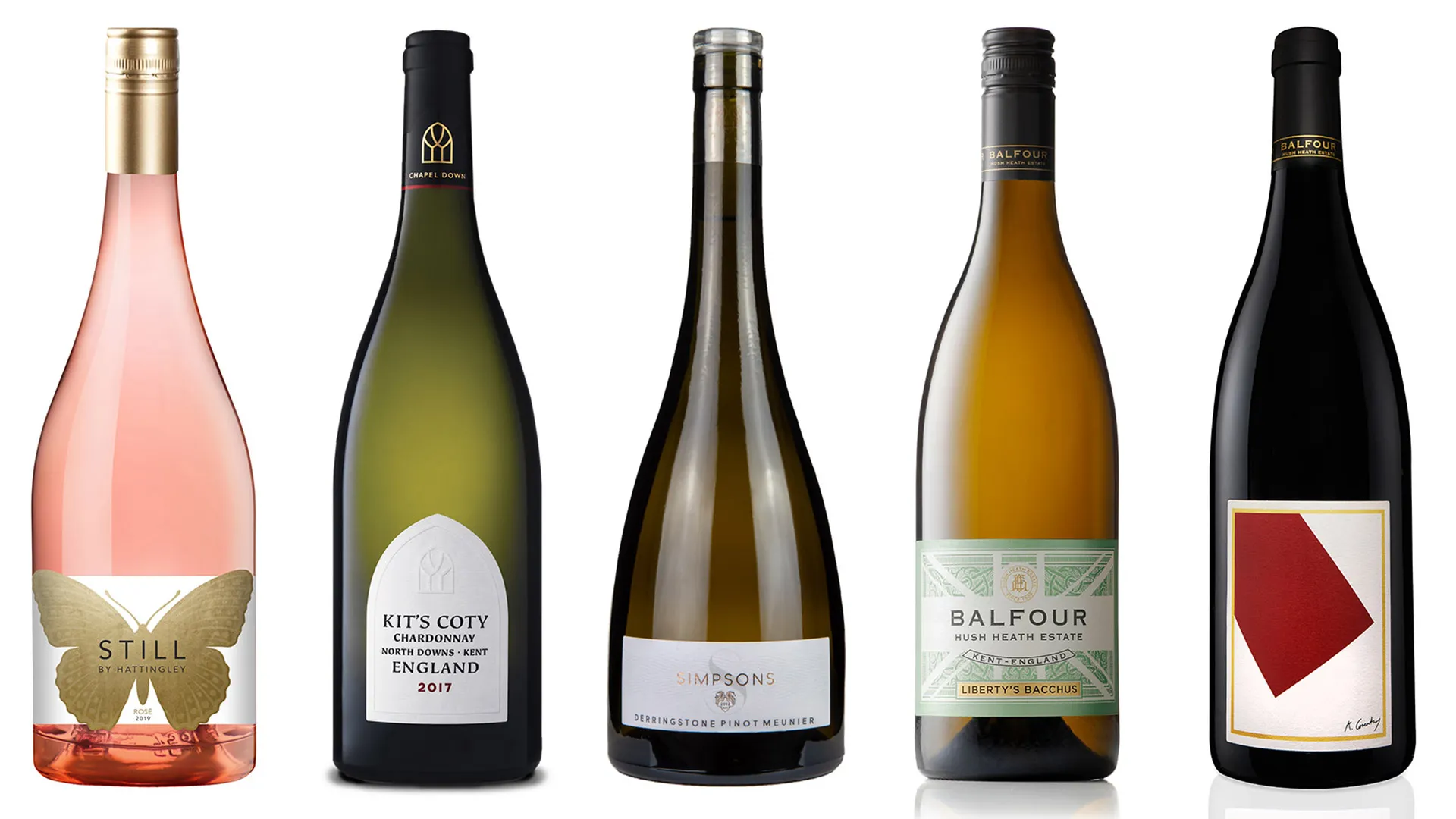

England’s Booming Wine Industry has Nothing to do With Climate change
In the U.K. one of the ways in which the message of global warming has been subliminally insinuated into the minds of the general public is in the reporting of the huge growth in the number of English vineyards in the last 20 years. Seldom a week goes by without this message appearing in the mainstream media. Worldwide, the meme ranks alongside swimming polar bears, dying barrier reefs and islands sinking beneath the rise in sea levels.
Yet does this have any basis in fact? The answer is no. To see this we need to look at the history of the renaissance in wine growing in England. From the 1960s onwards, vineyards were seemingly owned by an army of amiable retired Colonel Bufton Tuftons who made a range of very pleasant, drinkable wines using German grape varieties. These wines benefited from the cooler English climate to resemble German wines but were more flowery and fresh.
It took the somewhat more hard-headed and business savvy Americans to transform the English wine scene to the booming industry it is now. In 1986, a wealthy U.S. couple, Stuart and Sandy Moss, bought the Nyetimber wine estate in West Sussex, and established a vineyard there two years later. They realised that the Champagne varieties of Pinot Noir, Chardonnay and Pinot Meunier would be ideally suited to the production of sparkling wines in England and so they planted these varieties. This is for two reasons, one being that Champagne is the most northerly region for wine production in France. Secondly, grapes for sparkling wines are picked at a lower level of ripeness than those for still wines, and so require less sunshine and are picked earlier.
It is bizarre that global warming would be proved by a style of wine that can only be grown in a cool climate at the margins of what is warm enough for successful grape growing.
The Mosses were straight away successful in their experiment and won awards for their first harvests in 1992 and 1993.
This led to a huge expansion in the production of wines made from the same grape varieties and with the same methods of production as Champagne. English sparkling wines have subsequently proven in competitions and blind tastings to be at the same level of quality as those of Champagne, if not higher.
Although the total acreage of vines in the U.K. has quadrupled since the 1990s, 75% of the acreage of English vineyards is now Champagne varieties and the acreage of grape varieties for still wine has increased very little. As control of wine production has moved into the hands of more trendy Islington types, the old fresh and flowery still wines have been replaced by still wines which are “fruit driven” with notes of lychees, leather and oak.
It may surprise mainstream media consumers to know that England has always been very well suited to the production of Champagne style wines. In the 1750s they were being produced most successfully. Charles Hamilton planted a vineyard at his landscape garden at Painshill in Surrey and was succesfully producing and selling a sparkling wine from Champagne grapes during the 1750s. The wine was considered by himself and the French ambassador to be superior to any from Champagne. From the records kept, it appears that climate conditions were very similar to today and they faced similar problems, such as occasional cold wet years and too vigorous plant growth.
The vineyard continued for at least 40 years. It has recently been replanted and produces the same sparkling wines of very good quality, and is only 10 miles from Denbies, the largest vineyard in the U.K.
In short, the booming English wine industry has nothing to do with rising temperatures – if, indeed, temperatures are rising. Nearly all the grape varieties being cultivated in England are only suitable for growing in colder, Northern European climates and in some cases have been successfully cultivated in England since the 1750s.
The author of this piece wants to remain anonymous to protect his career as a budding vitner.







